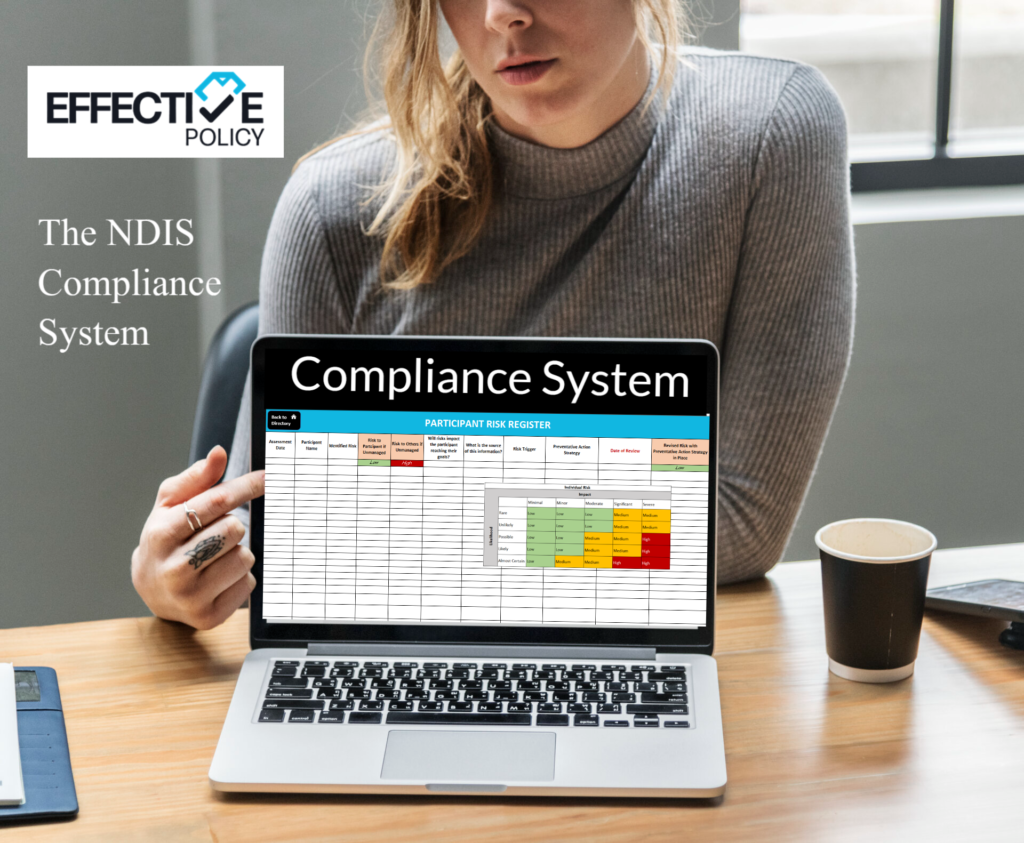
Becoming an NDIS provider is a significant step towards supporting Australians with disabilities. As an NDIS provider, you can make a meaningful impact on the lives of many individuals. However, to ensure the delivery of high-quality services, it’s essential to understand the educational resources and training available to new NDIS providers. This guide will walk you through the educational components required to start and excel in your journey as an NDIS provider.
Understanding the NDIS Framework
The NDIS framework is designed to provide people with disabilities the support they need to live independently and participate fully in their communities. As a new provider, it’s crucial to understand the principles, goals, and operational structure of the NDIS. Here are some key educational components:
NDIS Orientation Module: This is a mandatory module that covers the basics of the NDIS, including its purpose, key principles, and the rights and responsibilities of providers. It provides a solid foundation for understanding how the scheme operates.
NDIS Code of Conduct: Familiarize yourself with the NDIS Code of Conduct, which outlines the standards of behaviour expected from providers. This includes respecting participants, acting with integrity, and maintaining participant confidentiality.
Training and Certification
To ensure high standards of care, the NDIS Commission requires providers to complete specific training and certification programs. Here are the key components:
Worker Orientation Module “Quality, Safety and You”: This training module is designed for all workers in the NDIS sector. It covers the rights of people with disabilities, the responsibilities of workers, and the importance of providing quality and safe services.
First Aid and CPR Certification: You may need a first aid and CPR certification when providing services. This ensures you are prepared to handle emergencies and provide immediate assistance to participants.
Check out our Mental Health First Aid Training (MHFA) to develop skills and knowledge when dealing with crisis and non-crisis situations.
Specialized Training: Additional specialized training may be required depending on the type of services you offer. For example, you will need behaviour management training and intervention strategies if you provide behaviour support services.
Business and Operational Training
Running an NDIS provider business involves more than just delivering services; it requires sound business and operational knowledge. Here are some educational resources to consider:
NDIS Business Support: The NDIS offers various resources to help new providers understand the business aspects of running an NDIS service. This includes information on financial management, marketing, and service delivery models.
NDIS Provider Toolkit: This toolkit offers practical guidance on setting up and managing your NDIS provider business. It includes templates, checklists, and step-by-step instructions to help you navigate the administrative and operational requirements.
Ongoing Professional Training and Development
The NDIS sector is dynamic, with continuous changes and updates in policies and practices. To stay informed and provide the best services, ongoing professional development is essential:
NDIS Updates and Newsletters: Subscribe to NDIS updates and newsletters to stay informed about policy changes, new initiatives, and best practices.
Workshops and Seminars: Attend workshops and seminars hosted by the NDIS or other professional organizations. These events provide opportunities to learn from experts, and other network providers, and gain insights into industry trends.
Online Courses and Webinars: Many organizations offer online courses and webinars on various aspects of NDIS service provision. These can be convenient ways to continue your education and enhance your skills.
Networking and Support
Connecting with other NDIS providers and support networks can be invaluable in your journey. Here are some ways to build your network:
NDIS Provider Networks: Join local or national NDIS provider networks to connect with peers, share experiences, and learn from others in the industry.
Professional Associations: Become a member of professional associations related to disability services. These associations often provide additional resources, training opportunities, and advocacy support.
Mentorship Programs: Consider seeking a mentor with experience in the NDIS sector. A mentor can provide guidance, support, and practical advice as you navigate your role as a new provider.
Book your next NDIS Business Consulting if you need compliance, operational, and governance-related advice and guidance.
Conclusion
Education and training are critical components of becoming a successful NDIS provider. By taking advantage of the available resources and committing to ongoing professional development, you can ensure that you provide high-quality, safe, and effective services to individuals with disabilities. Embrace the educational journey, connect with your peers, and stay informed about industry developments to make a positive impact in the NDIS community.

